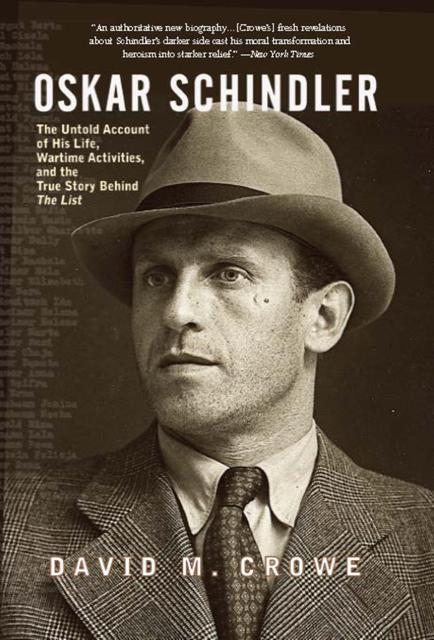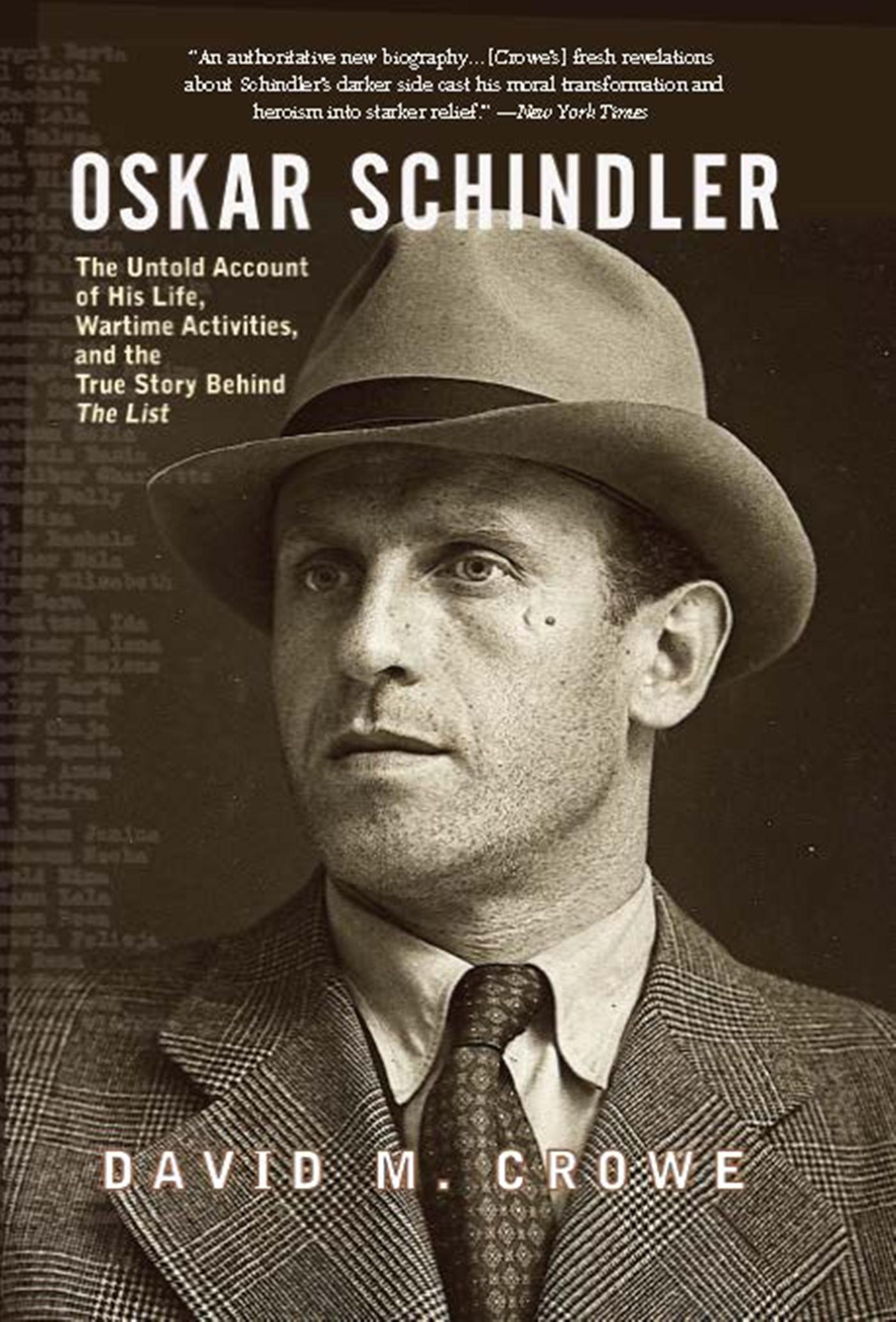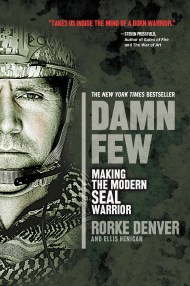Oskar Schindler
The Untold Account of His Life, Wartime Activities, and the True Story Behind the List
Contributors
By David Crowe
Formats and Prices
Price
$14.99Price
$19.99 CADFormat
Format:
ebook $14.99 $19.99 CADThis item is a preorder. Your payment method will be charged immediately, and the product is expected to ship on or around August 1, 2007. This date is subject to change due to shipping delays beyond our control.
Also available from:
Genre:
- On Sale
- Aug 1, 2007
- Page Count
- 800 pages
- Publisher
- Basic Books
- ISBN-13
- 9780465008490
Newsletter Signup
By clicking ‘Sign Up,’ I acknowledge that I have read and agree to Hachette Book Group’s Privacy Policy and Terms of Use







